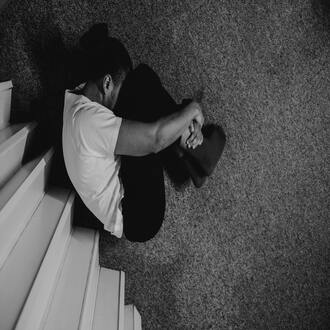Transcription Self-control and ego depletion
Mental, physical, and emotional exertion share a single energy reserve.
Self-control—the ability to override our impulses—is a function of System 2, our slow, rational thinking.
Research has shown that all types of exertion—mental, physical, and emotional—draw resources from the same mental energy reserve.
How depletion in one area affects self-control in another.
This phenomenon is known as ego depletion.
If we've expended a lot of energy on a demanding task, such as solving a complex problem or doing an intense physical workout, our energy reserve is depleted.
As a result, we'll have less self-control for other tasks.
Why we eat worse or drink more after a tiring day.
This is why, after a stressful and tiring day at work, we're much more likely to give in to temptation.
We eat food junk food, we drink more alcohol, or we have less patience with our loved ones. Our self-control muscle is fatigued and can't resist the impulses of System 1.
Strategies to combat ego depletion: rest, good mood, glucose
The good news is that this depletion is temporary. We can recharge our mental energy reserve.
A short break, an activity that puts us in a good mood (such as watching a funny video), or even a small dose of glucose (food) can help restore our capacity for self-control.
It is important to be aware of our energy level before making important decisions or facing situations that require a lot of self-control.
Summary
Self-control depends on mental, physical, and emotional effort, which sha
self control and ego depletion




